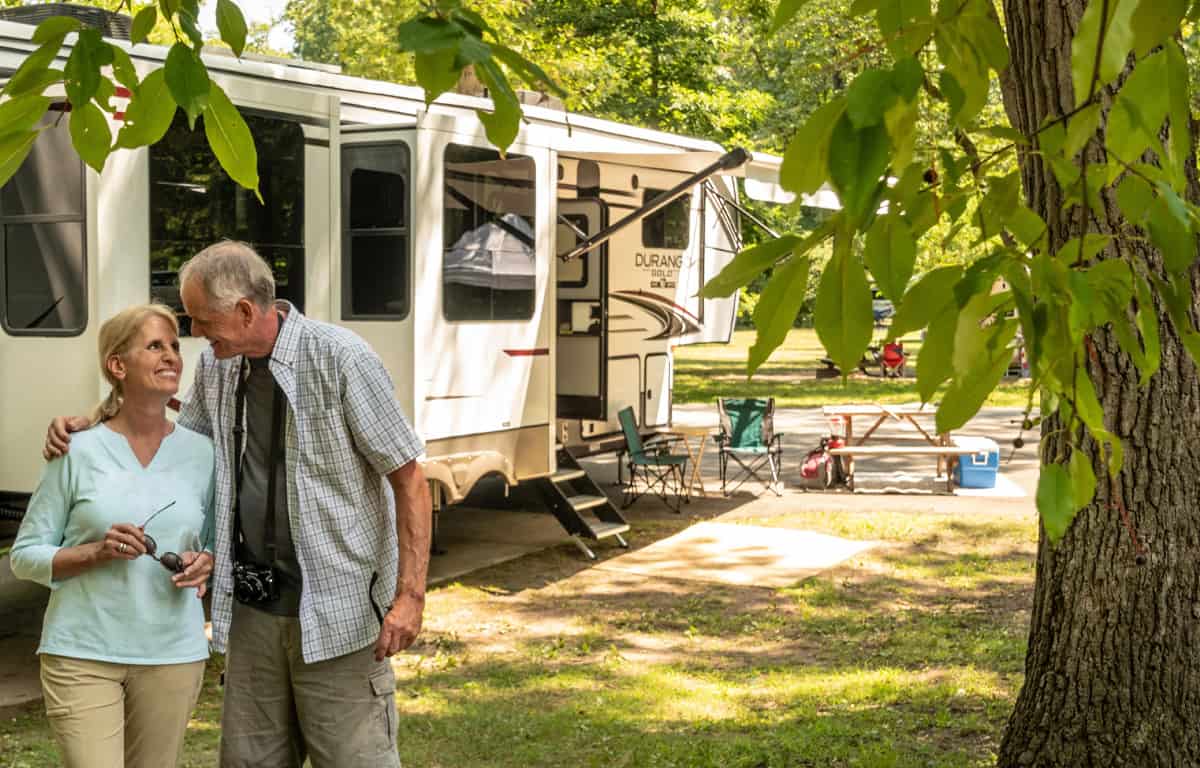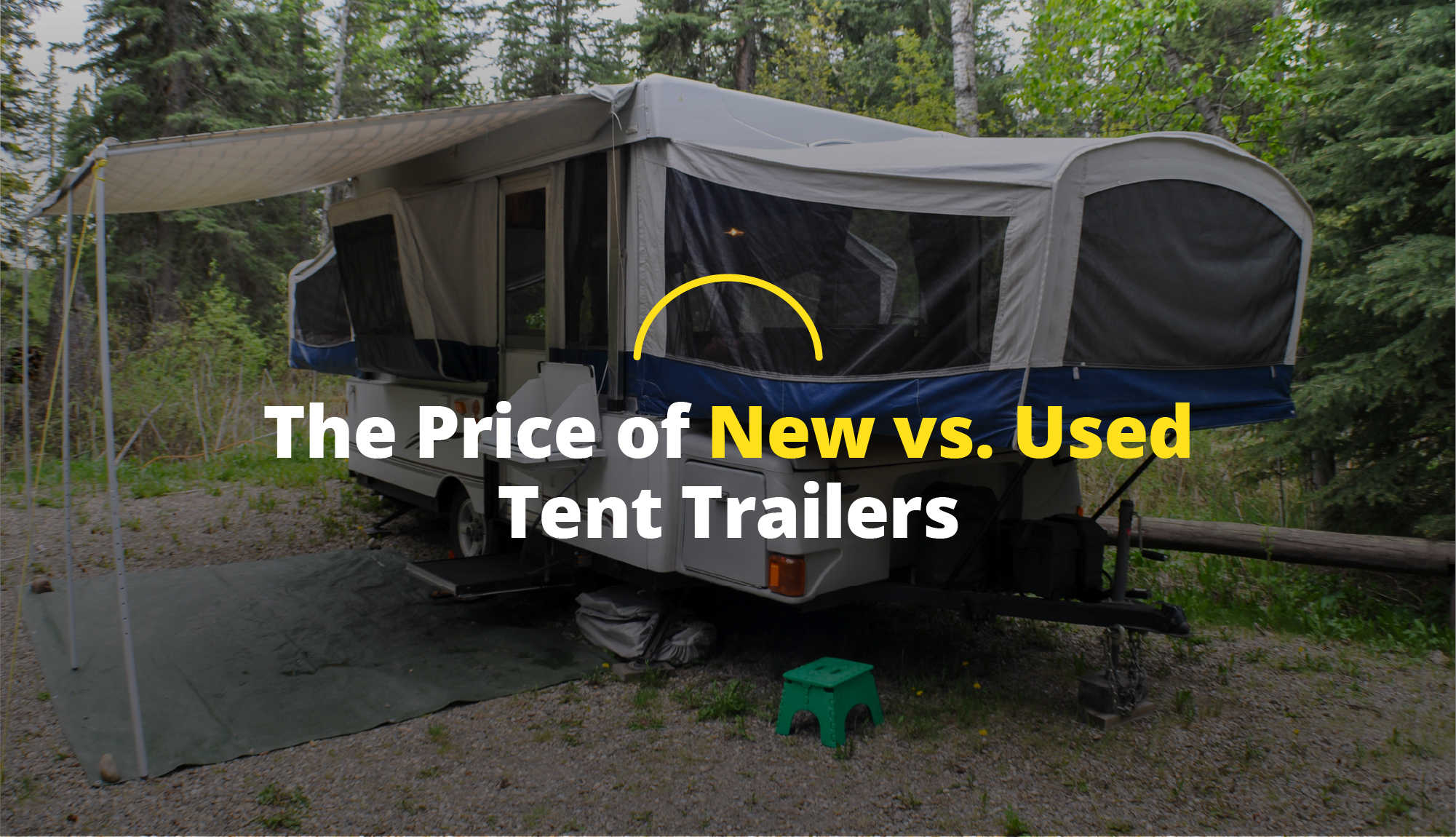3 Tips for Choosing the best RV insurance
Whether you're looking to use your recreational vehicle for the occasional road trip or as a full-time residence, you need to get it insured.
From theft cases to accidents and breakdowns, a lot can go wrong when using an RV. You need the appropriate coverage to ensure your vehicle and valuables are protected. What’s more, some types of recreational vehicle insurance are mandatory, meaning you can get in trouble with the law if you don’t get them.
But with so many insurance providers and packages, how do you choose the right coverage for your RV?
How Do You Choose the Best RV Insurance?
Here are three things you need to consider to choose the right insurance for your RV:
1. Your RV Usage
The first thing you need to think about is what you’ll use your RV for. Are you the occasional RV user or a full-timer? Will you be towing your car behind you? Are there any additional items you plan on attaching to your RV, such as an awning or a satellite dish?
If you’ll use your RV as a permanent residence, you'll need to think about protecting your attachments and belongings.
Many providers won’t cover any secondary attachments that you installed yourself. Thus, ask whether a prospective package includes a replacement coverage in case of damage or theft. If not, does it at least offer coverage at a depreciated value for your attachments?
The same goes for other belongings in your RV. If you have expensive items, you’ll want to ensure they’re fully covered.
If you're towing another automobile behind your RV, it’s a good idea to insure both vehicles and the towing equipment with the same provider. This way, you won't have to go through the hassle of dealing with different companies in case of an accident involving both vehicles.
2. The Class of Your RV
From small family camping vans to bus conversion motorhomes, RVs come in different types and are organized by classes. The type of insurance you choose will depend on your RV’s class. The various classes include:
Class A
Vehicles in this class can be up to 75 feet long. Common examples of RVs in this category include luxury coaches, motor coaches, and converted buses.
Class B
This is the smallest category of RVs, and is characterized by vehicles without a cab-over. Examples include travel trailers, cargo van type designs, and camping vans.
Class C
These RVs are often built on a van and a truck chassis, with the camper portion extending over the cab area. Fifth wheel RVs fall under this category.
3. Insurance Cost
Sure, you want to save money on auto insurance. But while you’ll enjoy savings in the short run by choosing the cheapest package, things will get costly if anything happens to your RV.
You’ll be better off choosing an insurer that’ll be there for you when you need it most. You never know what might happen on the open road. Don’t forget to thoroughly go through the insurance terms and conditions before making any commitment.
Looking for an RV for Sale With Great Insurance Claims?
Choosing the best insurance for your RV may depend on several factors, but perhaps the most important consideration is your travel needs. You don’t want to be paying for a comprehensive insurance package that covers hurricane when you live in or travel to areas that barely gets any rain.
At Leisuredays Gatineau, we can help make your RV ownership dreams a reality in the most convenient way possible. Check out our finance department to see what we have in offer or call us at 819 986 8099 for more information.





